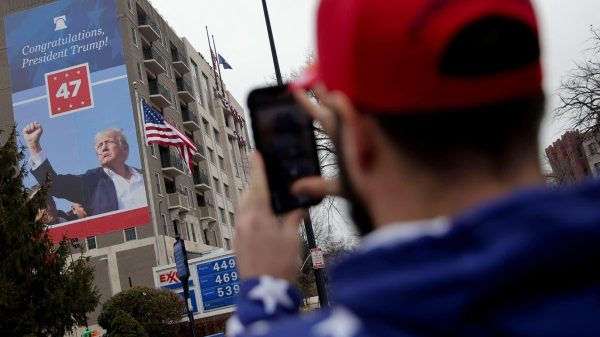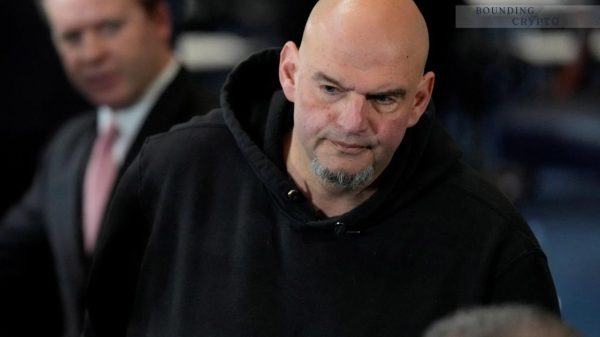Introduced this session, House Bill 2150 in Washington proposes granting the state Legislature and the Secretary of State (SOS) the authority to disqualify a political candidate from the state ballot. Sponsored by Rep. Kristine Reeves, D-Federal Way, the bill outlines a process based on the 14th Amendment, prohibiting individuals engaged in insurrection or rebellion from running.
Additionally, it considers disqualification for candidates charged or convicted of state or federal crimes while holding office. If passed, the bill could impact former President Donald Trump, currently facing criminal charges.
Candidates must sign an eligibility oath, and the Legislature can request removal via a majority vote.

The SOS can either approve or deny the request, but the Legislature retains the power to remove a candidate with a two-thirds vote. Appeals can be made to Thurston County Superior Court. SOS Deputy Director Derrick Nunnally expressed concerns about the significant expansion of their responsibilities, transitioning from an administrative to a determinative role in elections.
He highlighted challenges in determining eligibility for numerous offices and the timeframe constraints during the election process. HB 2150 is under review by the State Government & Tribal Relations Committee without a set public hearing schedule.
Commenting on the bill, the proposal was described by SOS Deputy Director of External Affairs Derrick Nunnally as constituting a substantial expansion of their responsibilities. He noted that it would necessitate a shift for the Secretary of State from an administrative to a determinative role, involving the responsibility to determine the eligibility of every individual filing for state or federal office.
SOS would be required to ascertain eligibility for 375 elected offices, adding complexity due to the limited timeframe between filing dates and printing deadlines for ballots. Nunnally emphasized the considerable challenge posed by the timeframe, particularly if extensive research is involved in making these eligibility determinations.
While House Bill 2150 has been referred to the State Government & Tribal Relations Committee, it is currently not scheduled for any public hearing.

Candidates would be required to sign an eligibility attestation oath created by SOS. The Legislature would be authorized to transmit a resolution to SOS through a simple majority vote, seeking the removal of a candidate from the ballot. The resolution must explicitly delineate the grounds on which the legislature believes the candidate is or may be ineligible, citing relevant provisions of law.
SOS would then possess the ability to either issue an order for the candidate’s removal or reject the request. Nonetheless, the Legislature would retain the authority to remove a candidate through a two-thirds vote.
Candidates dissatisfied with the decision would have the option to appeal in Thurston County Superior Court.
The determination of eligibility for 375 elected offices would be mandated for SOS, introducing complexity given the restricted timeframe between filing dates and printing deadlines for ballots. Nunnally underscored the substantial challenge posed by this timeframe, particularly when extensive research is necessary for making eligibility determinations.
Although House Bill 2150 has been referred to the State Government & Tribal Relations Committee, there is currently no schedule for any public hearing.








































